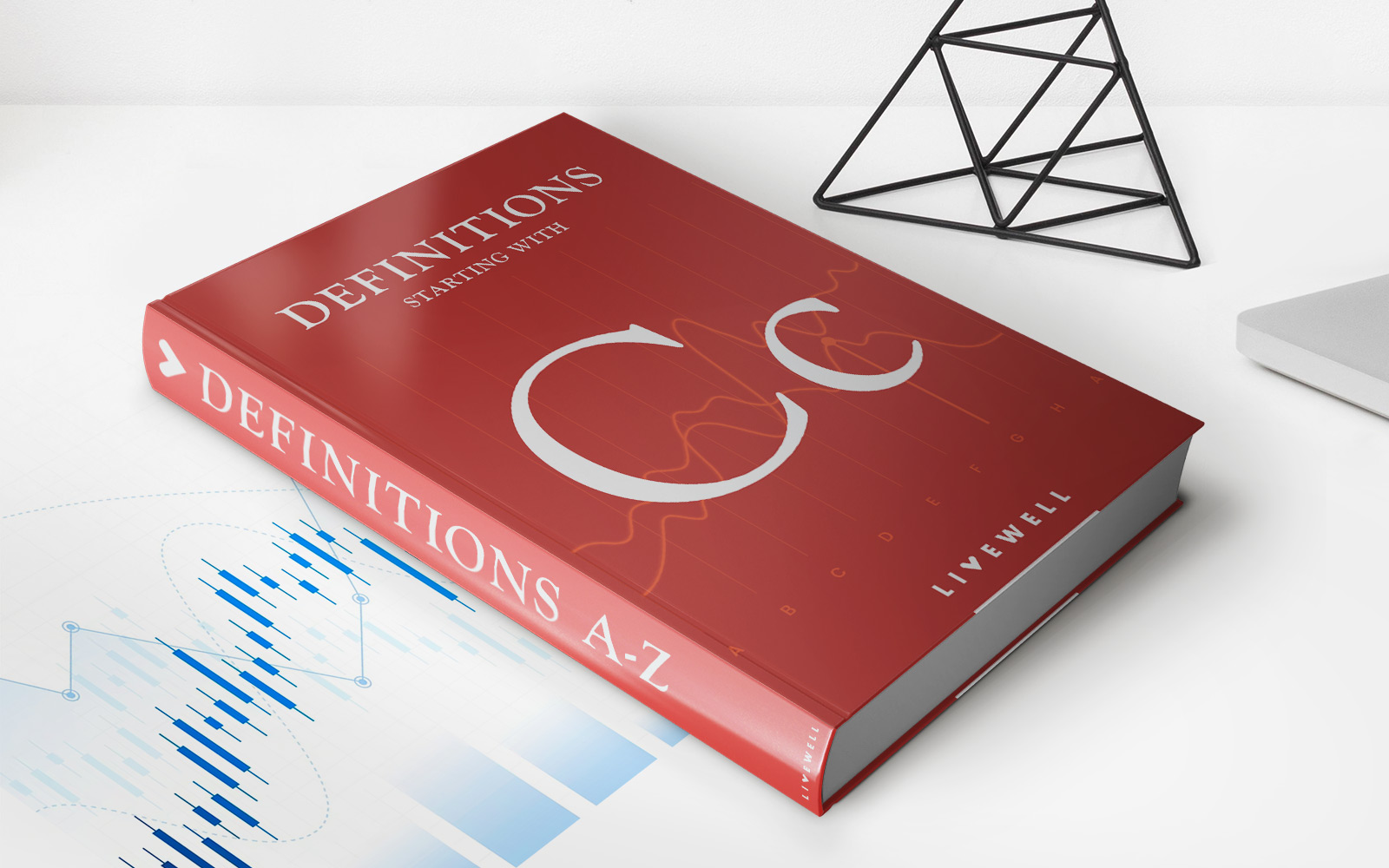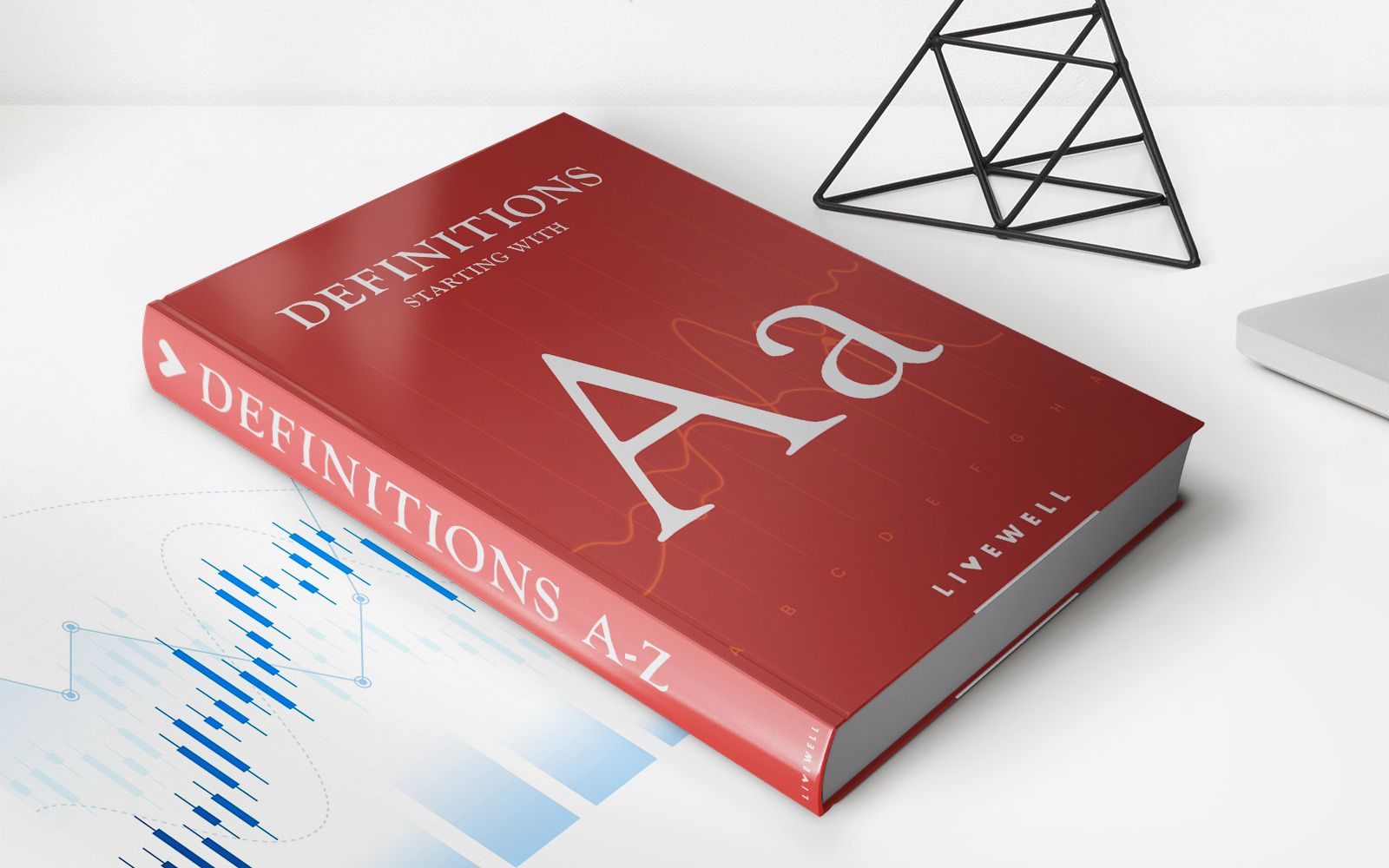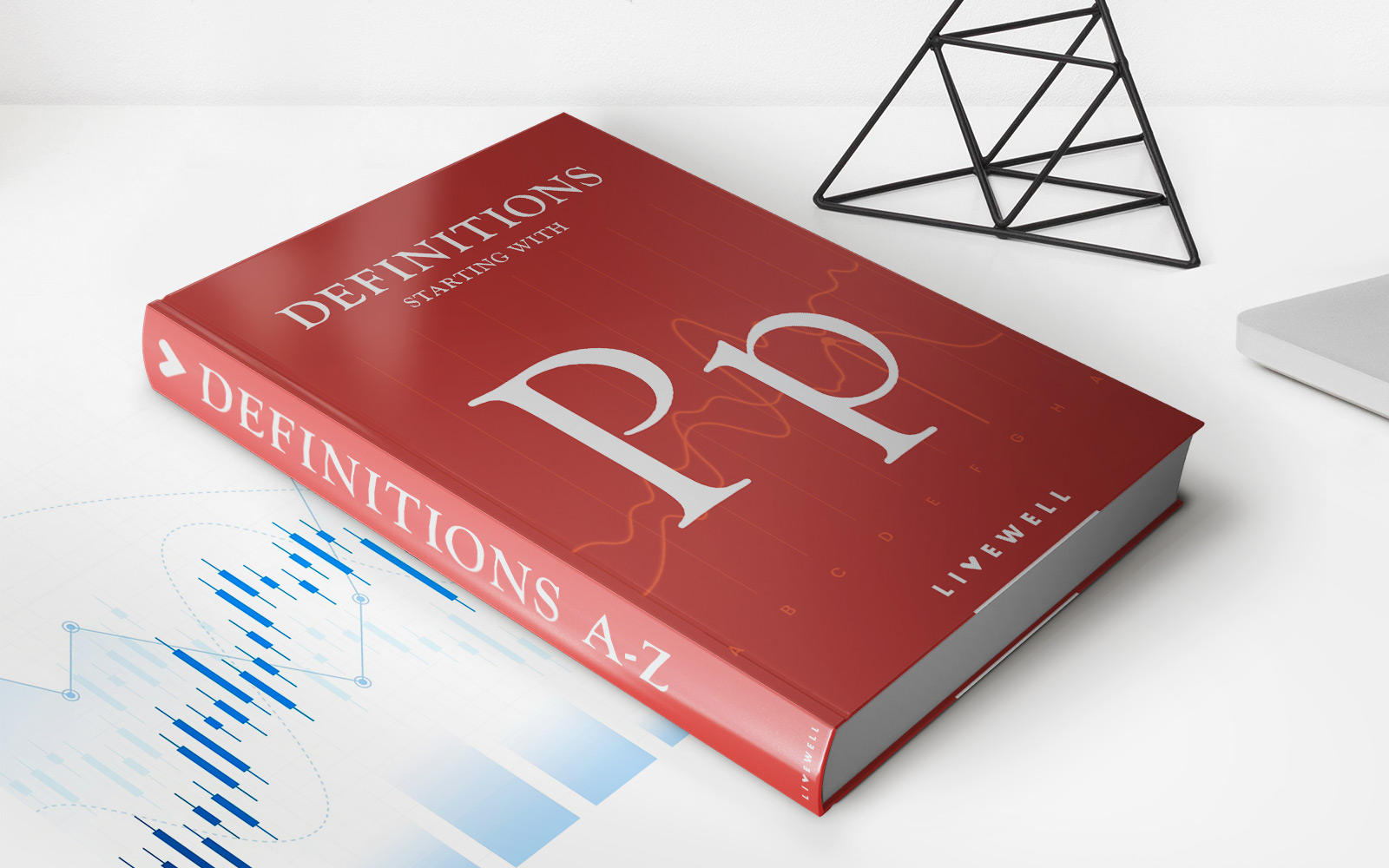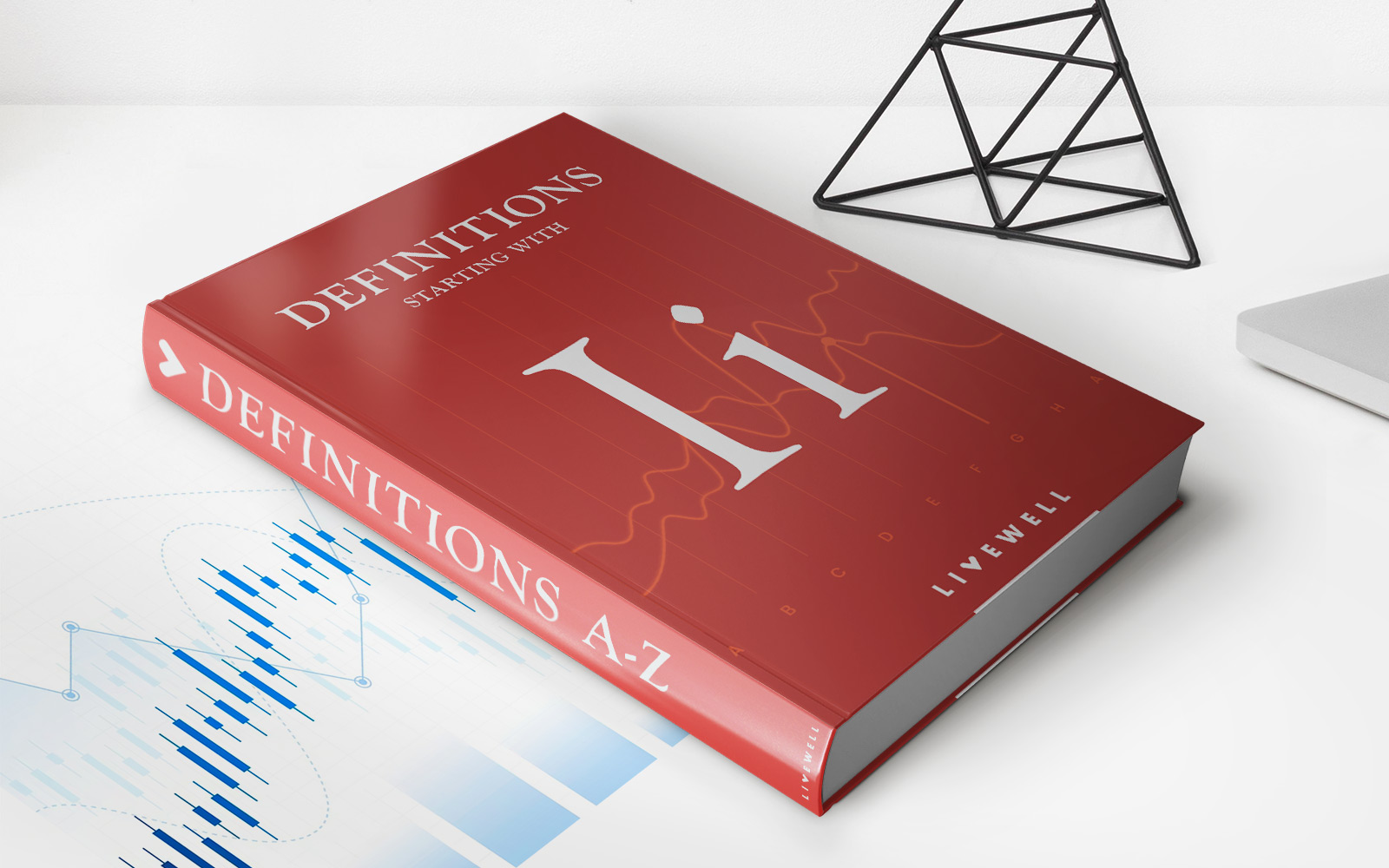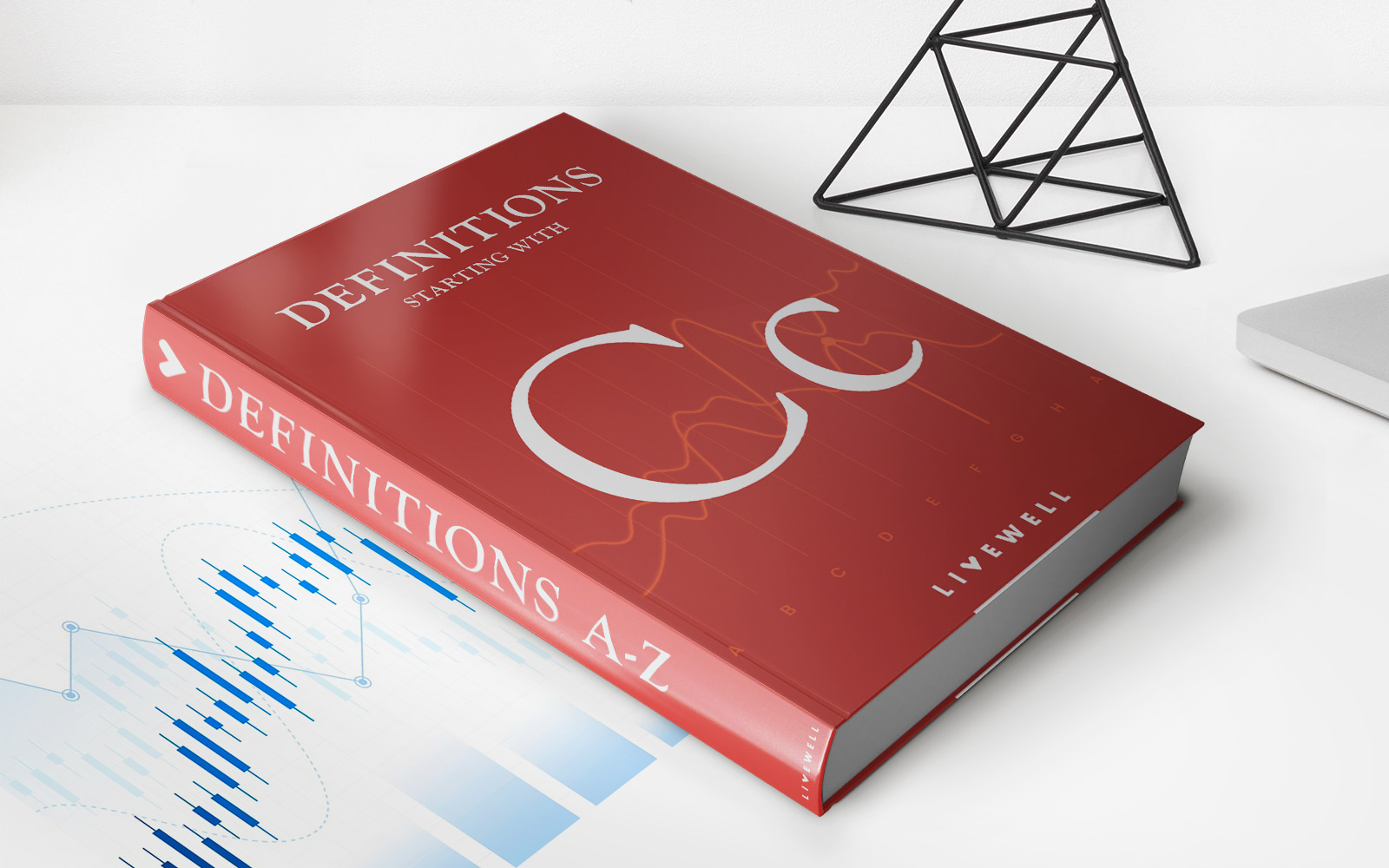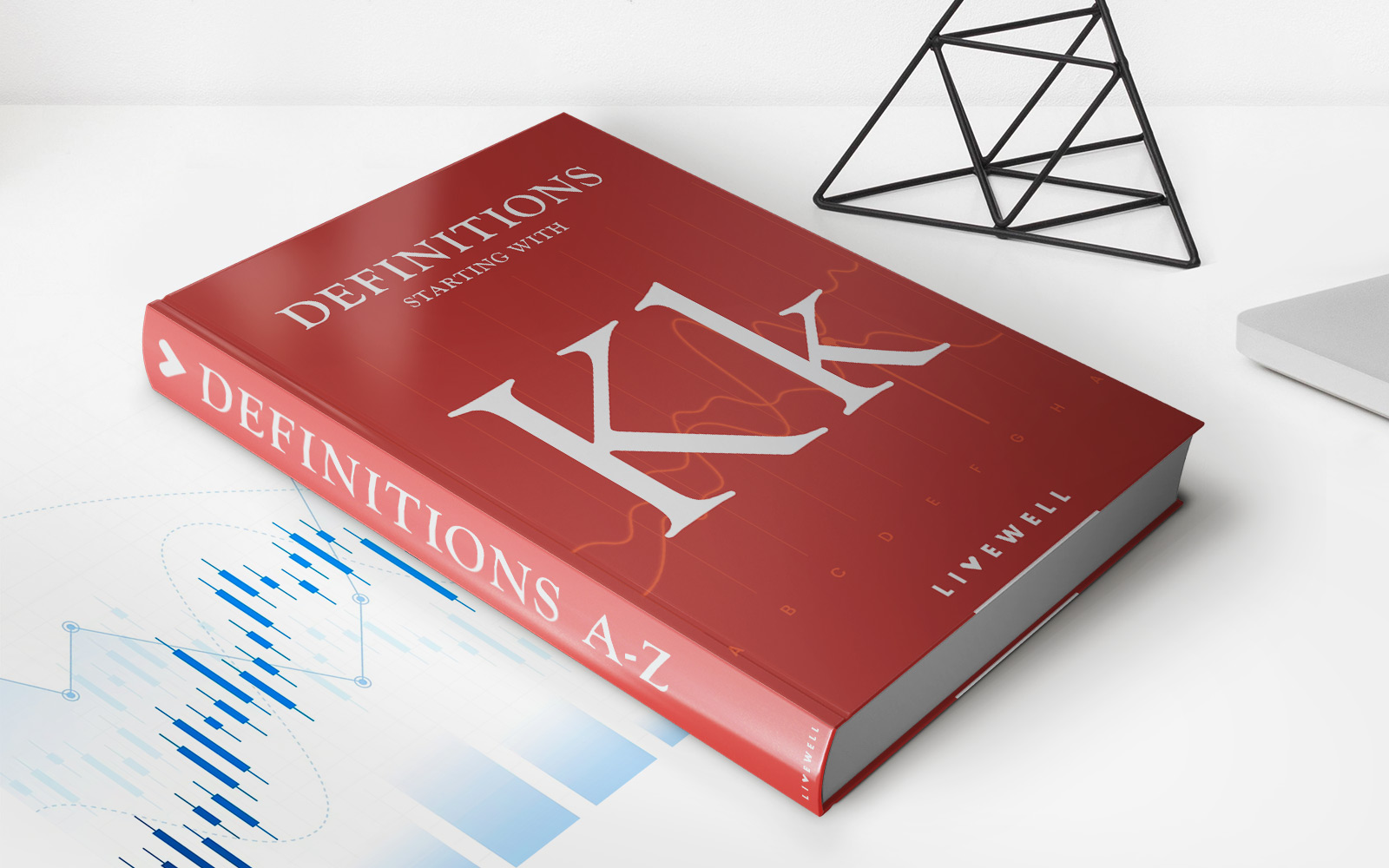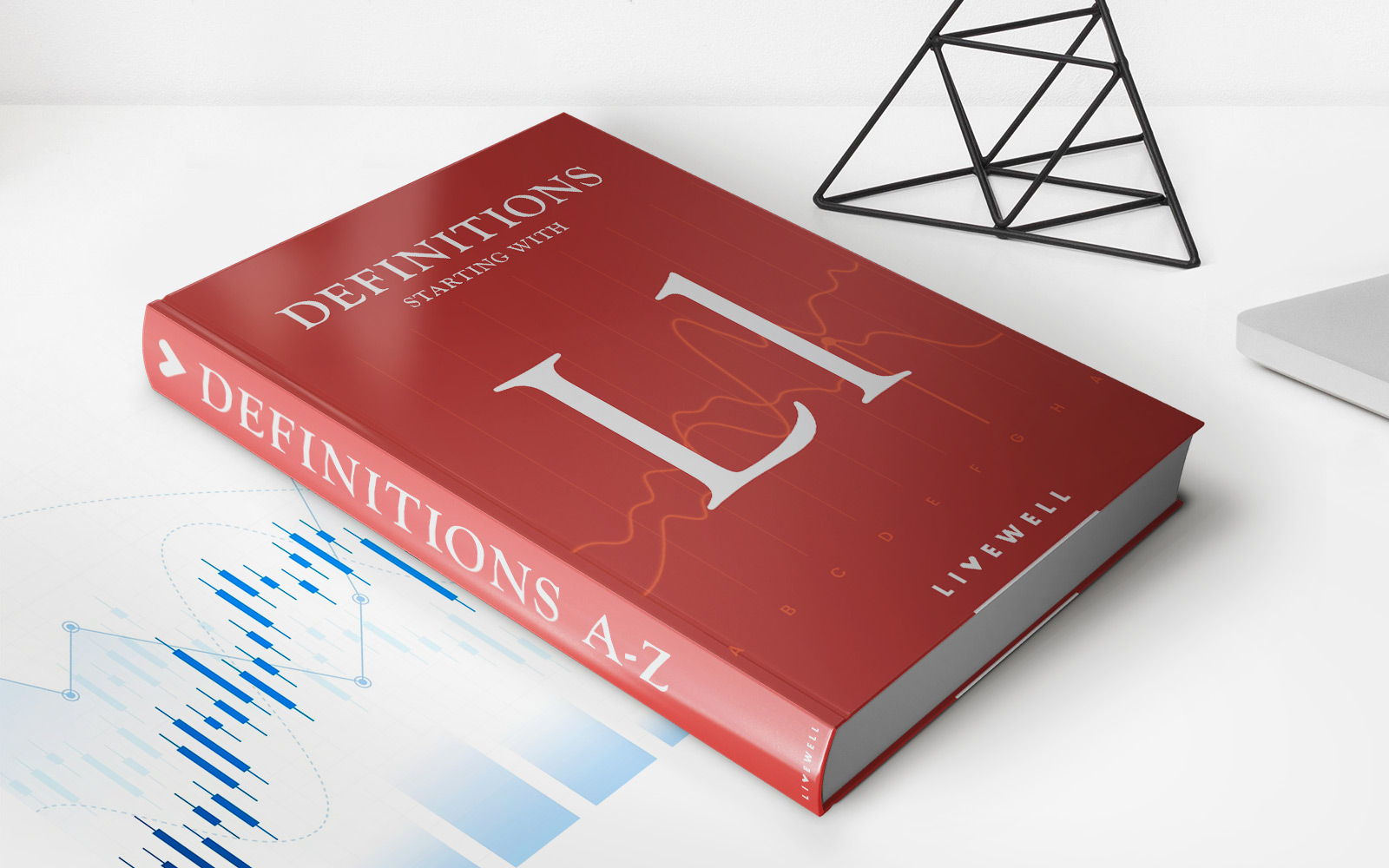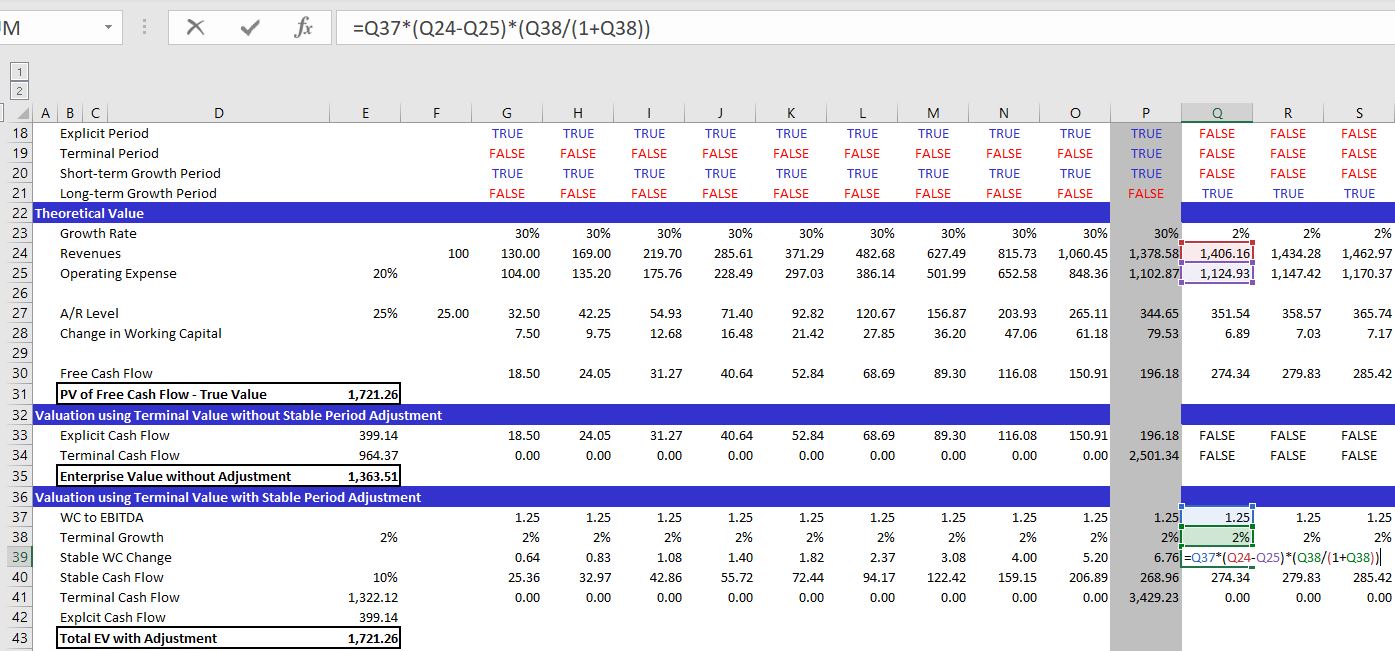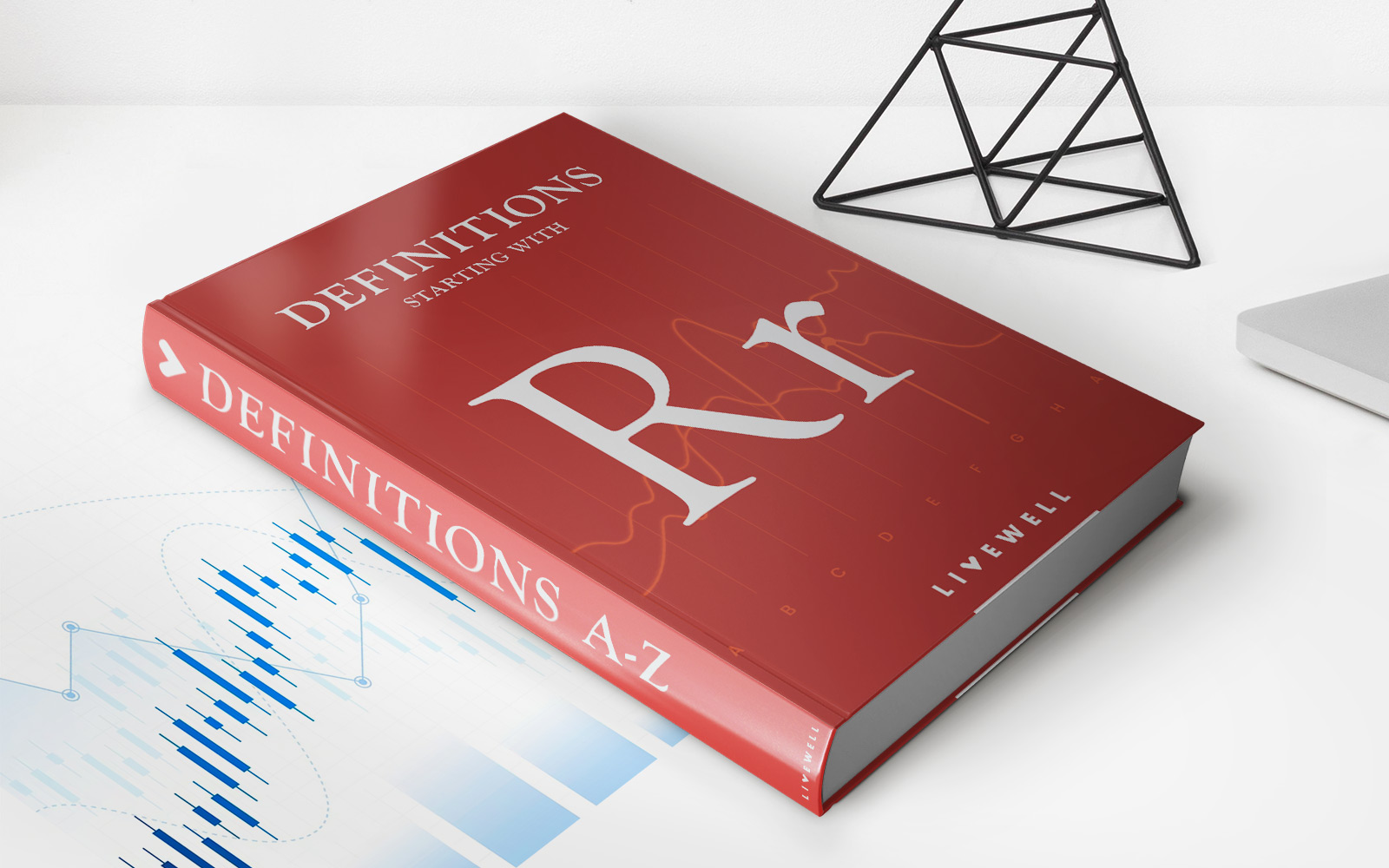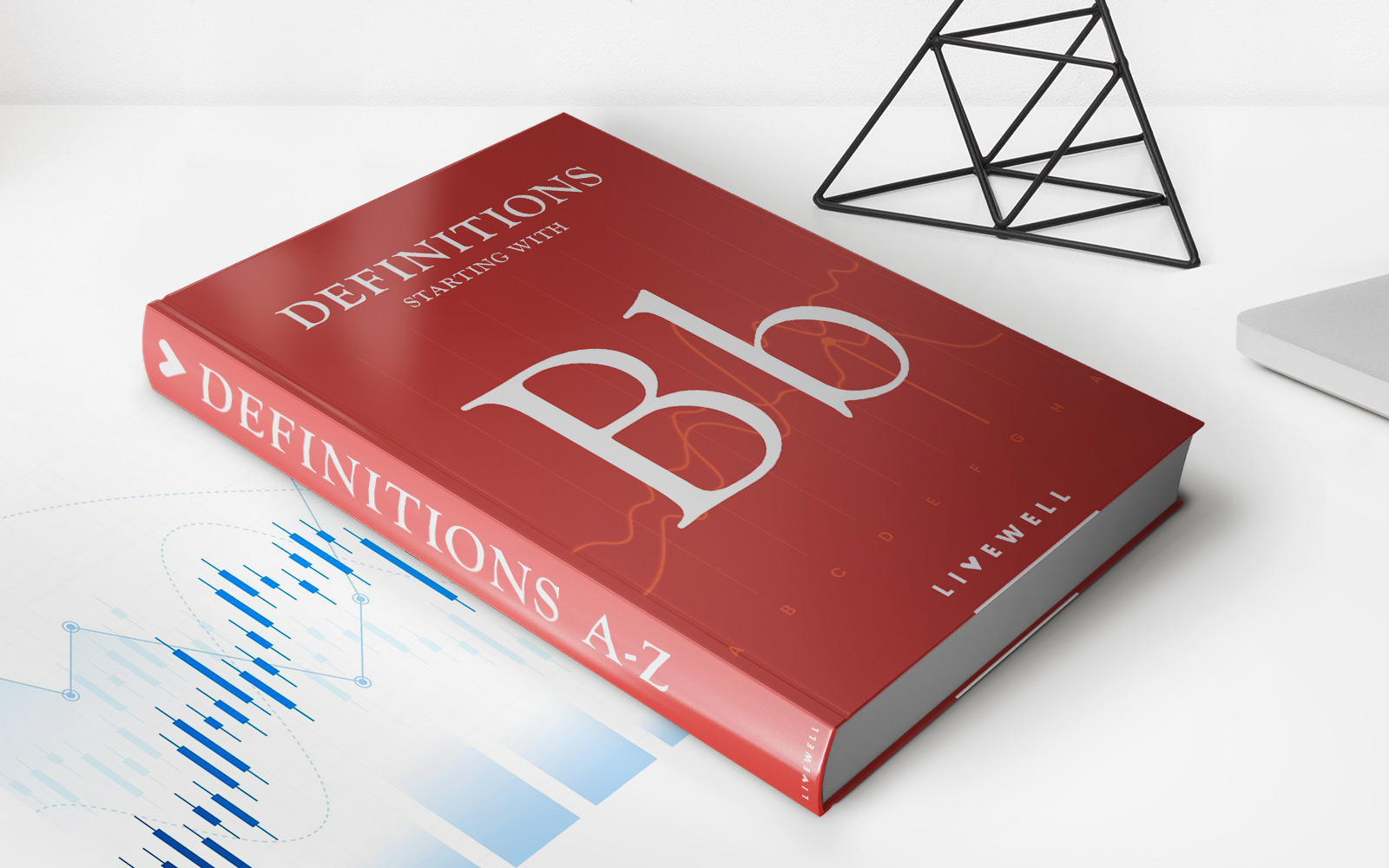Home>Finance>Commercial Lines Insurance: Definition, Types, Vs. Personal Lines
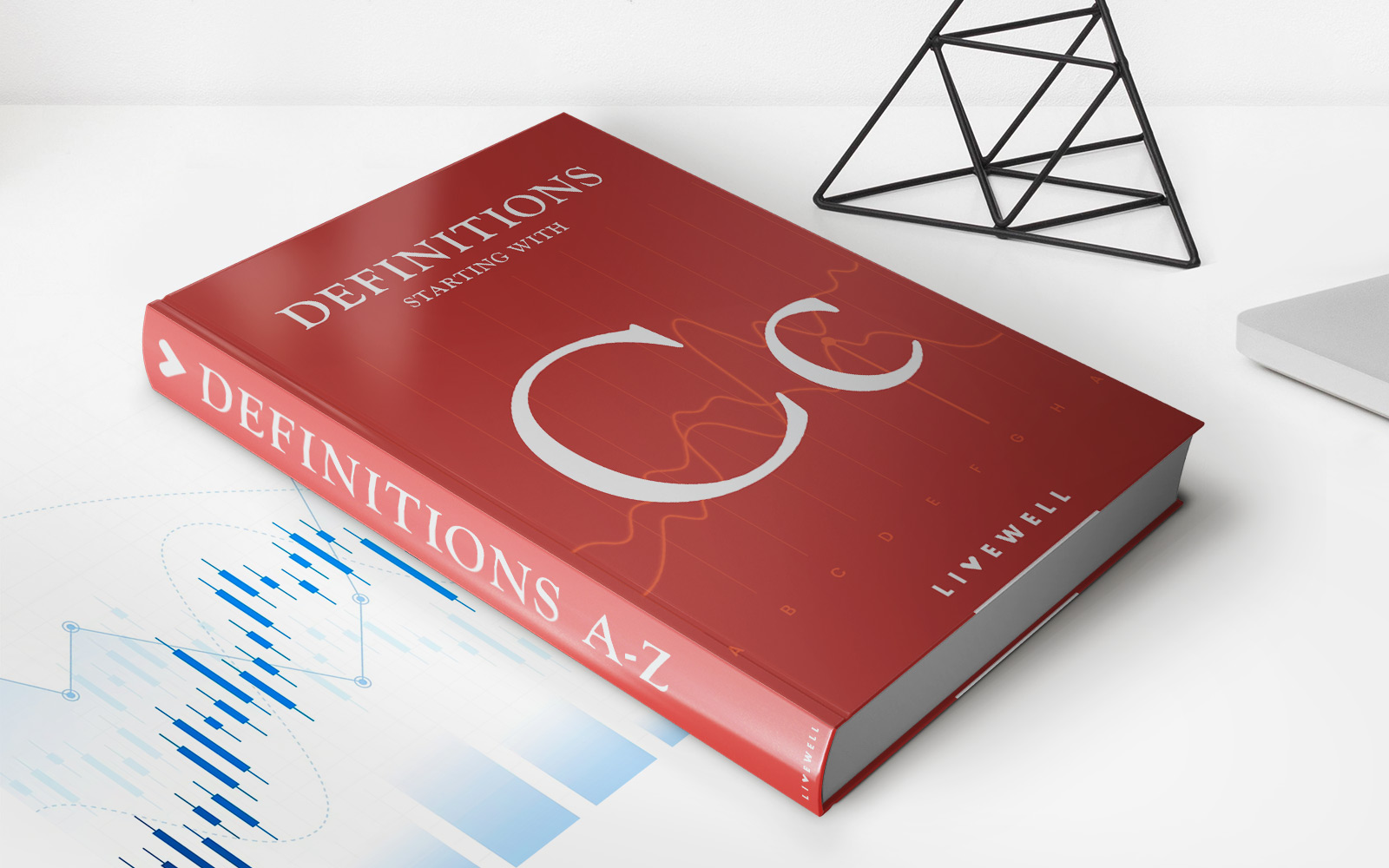

Finance
Commercial Lines Insurance: Definition, Types, Vs. Personal Lines
Published: October 29, 2023
Get a clear understanding of commercial lines insurance, including its definition and types, and how it differs from personal lines insurance. Find out everything you need to know about finance and insurance.
(Many of the links in this article redirect to a specific reviewed product. Your purchase of these products through affiliate links helps to generate commission for LiveWell, at no extra cost. Learn more)
Commercial Lines Insurance: Exploring Definitions, Types, and the Difference from Personal Lines
When it comes to managing risk and protecting assets, having insurance coverage is essential. While many are familiar with personal lines insurance, such as auto or home insurance, commercial lines insurance plays a critical role in safeguarding businesses and their operations. In this blog post, we’ll delve into the definition of commercial lines insurance, discuss the various types available, and highlight the differences between commercial and personal lines insurance.
Key Takeaways:
- Commercial lines insurance refers to insurance coverage specifically designed for businesses and their unique needs.
- It includes various types of insurance, such as general liability, property, workers’ compensation, and commercial auto insurance.
What is Commercial Lines Insurance?
Commercial lines insurance encompasses a range of insurance products structured to protect businesses from potential losses and liabilities. Unlike personal lines insurance that focuses on individuals and their personal assets, commercial lines insurance is tailored to meet the specific needs of companies, organizations, and professionals.
Now, let’s explore some of the common types of commercial lines insurance policies:
1. General Liability Insurance
General liability insurance is a core coverage for businesses, protecting against lawsuits and claims related to bodily injury, property damage, and advertising injury. It provides financial protection and helps cover legal expenses in the event of a covered liability claim.
2. Property Insurance
Property insurance is designed to safeguard a business’s physical assets, including buildings, equipment, inventory, and furniture. It provides coverage against perils such as fire, theft, vandalism, and natural disasters, ensuring that businesses can recover and rebuild in case of a covered loss.
3. Workers’ Compensation Insurance
Workers’ compensation insurance is mandatory in many jurisdictions and provides coverage for employees who suffer work-related injuries or illnesses. It helps cover medical expenses, rehabilitation costs, and lost wages due to the employee’s inability to work. This coverage aims to protect both the employer and the employee.
4. Commercial Auto Insurance
Commercial auto insurance is essential for businesses that own or use vehicles in their operations. It protects against liability for accidents involving company-owned vehicles, as well as damage to the vehicles themselves. This coverage extends to a wide range of vehicles, including cars, trucks, vans, and specialized company vehicles.
These are just a few examples of the wide range of commercial lines insurance policies available. The specific insurance needs of a business depend on factors such as industry, size, location, and specific risks involved.
Commercial vs. Personal Lines Insurance: What’s the Difference?
While both commercial and personal lines insurance serve to protect against risk, they differ in terms of policy structure and the insured entities. Here are some key points of differentiation:
Policy Structure:
- Commercial lines insurance policies are typically more complex and tailored to the unique risks faced by businesses.
- Personal lines insurance policies are more standardized, with less customization options, as they cover individual needs.
Insured Entities:
- Commercial lines insurance covers businesses, organizations, and professionals.
- Personal lines insurance covers individuals and their personal assets, such as homes, autos, and personal belongings.
Understanding the distinction between commercial and personal lines insurance is critical when choosing the right coverage for your needs. While personal lines insurance protects your personal assets, commercial lines insurance safeguards your business operations and helps mitigate potential risks.
In Summary
Commercial lines insurance is a vital component of any business’s risk management strategy. It provides tailored coverage for businesses, protecting against liabilities, property damage, loss of income, and more. By understanding the types of commercial lines insurance available and how they differ from personal lines insurance, businesses can make informed decisions when selecting the right coverage to safeguard their operations. Remember, when in doubt, consult with an insurance professional who can guide you in identifying the most suitable policies for your specific business needs.
